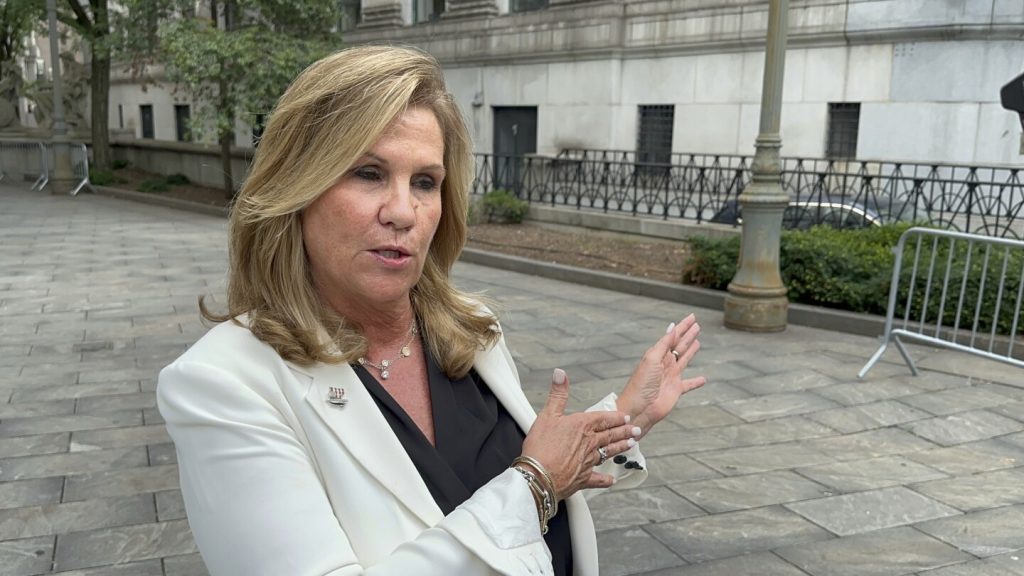A recent disagreement within the Defense Department regarding the prosecution of Khalid Sheikh Mohammed, the accused mastermind of the September 11 attacks, and two others has created significant obstacles that may hinder the cases from reaching a conclusion. Defense lawyers and legal experts attribute many of the delays to the illegal torture that Mohammed and his co-defendants endured in CIA custody, which continues to complicate legal proceedings two decades later in military courtrooms at Guantanamo Bay. A plea bargain that would have spared the defendants from the death penalty was revoked by Defense Secretary Lloyd Austin, causing further uncertainty in the cases.
Despite the desire of some victims’ families to see the defendants convicted and sentenced, many legal experts believe that the legal obstacles resulting from torture, disputes over evidence, and other government actions may prevent a timely resolution of the cases. Relatives of the nearly 3,000 people killed on 9/11 expressed mixed opinions on the desired outcomes of the prosecution, but shared frustration with the handling of the cases thus far. While some families still advocate for the death penalty, others acknowledge the legal complications that make that outcome unlikely and blame the government for any failures in the prosecution.
Guantanamo defense lawyer J. Wells Dixon highlighted the impact of revelations about torture on trials, citing a case where military officers requested clemency for a defendant after learning about his mistreatment. The prolonged pretrial hearings on the admissibility of torture-related evidence have further delayed the 9/11 case, raising concerns about the tainted nature of the proceedings. Mohammed and two co-defendants had agreed to plea deals that required them to answer questions from victims’ relatives, but Austin’s decision to revoke the deal has left the cases in limbo, with one defendant proceeding in pretrial hearings and another declared mentally unfit.
Critics question the efficacy of the CIA’s interrogation techniques and attribute delays in the prosecution to the government’s use of special military commissions rather than civilian courts. Legal challenges have mounted for the judges overseeing the Guantanamo cases, with potential issues for appeal should the cases go to trial. The impact of torture on the case raises doubts about the viability of any death penalty convictions surviving federal court review. While some victims’ relatives advocate for execution, others oppose the death penalty and call for a stop to the military commissions, urging for a more expedited and transparent judicial process. The unresolved legal obstacles and government failures continue to prolong the pursuit of justice for the 9/11 victims and their families.
Despite the challenges in prosecuting the suspected 9/11 mastermind and his co-defendants, some families remain determined to seek justice through the legal system, regardless of the complexities and delays. The disagreement within the Defense Department has reignited debates over the use of torture in military prosecutions and the ethical ramifications of utilizing evidence obtained through coercive means. As the legal proceedings continue to face hurdles, the families of the victims remain divided on the appropriate course of action, with some advocating for swift resolution and others calling for a more transparent and fair judicial process to ensure accountability for the attacks that changed the course of history.


